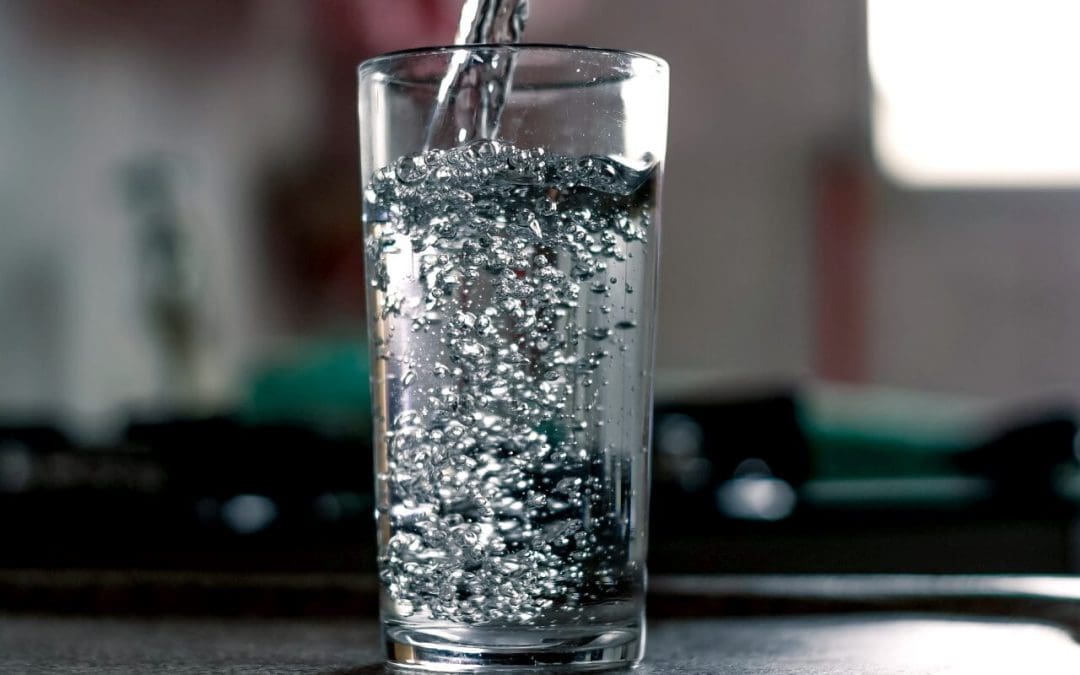Water is essential for our daily living, but have you ever thought about the quality of the water you are using? Many residential areas provide water that contains contaminants. These contaminants can affect our health and the quality of our lives. We will discuss the importance of water testing and four harmful types of residential water contaminants.
Residential Water Contaminants: Lead
Lead is a toxic metal that can severely harm your health. Lead may contaminate drinking water if the pipes used in the distribution system are made of lead or contain lead components. Exposure to lead causes a variety of health problems, including developmental delays in children, high blood pressure, and pregnancy complications. Water testing can identify lead levels in your drinking water so that you can take appropriate precautions.
Pesticide Contamination
Industrial and agricultural runoff can often lead to pesticide contamination in a residential water supply. Pesticides harm the nervous system, cause memory loss, increase cancer risk, and affect the immune system. Water testing can identify the existence of pesticides in your drinking water and allow you to take preventative measures to avoid exposure.
Chlorine
Chlorine is a commonly used chemical in water treatment plants to disinfect drinking water. Although it effectively controls bacteria and viruses, it can cause health problems such as eye irritation, respiratory problems, and asthma. It may also lead to a higher risk of bladder and colorectal cancer over time. Water testing can help detect excessive chlorine levels, allowing you to take the necessary steps to protect your health.
Bacterial Residential Water Contaminants
Bacteria contamination in residential water supply can lead to waterborne diseases. These bacteria typically originate from human or animal waste in the water source. The most common waterborne bacterial infections include salmonella, E. coli, and cholera. Bacterial contamination can cause various health issues, including nausea, stomach cramps, diarrhea, dehydration, and kidney failure. Get your water tested, and if you find any bacterial pathogens, alert your local water company immediately.
Water testing is essential to ensure the safety and quality of your drinking water. It can help identify the presence of harmful contaminants in your water supply and help you take the necessary steps to protect your health. By understanding the different water contaminants that can exist in residential water supplies, you can make an informed decision to protect your health.
SC Property Inspections offers water testing services to customers in the Lowcountry of South Carolina. Contact us to request an appointment.

